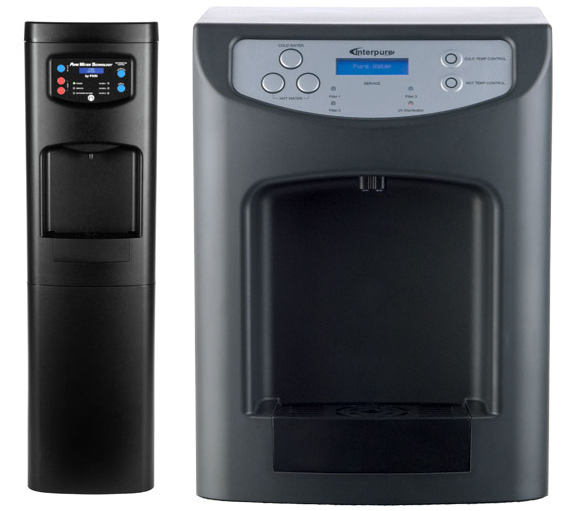Environmental
Lions, Tigers And Plastic! Oh No!
Ten years ago, I ran a campaign in my office to grow awareness associated with the danger of plastic water bottles. I so believed in the importance of this subject and getting the word out that I gave away more than 500 stainless steel water bottles to grow awareness about the ill effects of plastics on our health and our environment. I still have patients carrying around the customized water bottles, “Be Green with Dellonutritionals.” I still continue to give away cloth bags to deter plastic bags from being used, but it’s a work in progress to grow awareness of this dangerous issue.
I see plastic bottles everywhere on the beach, overflowing out of garbage cans, and although the general public seems to be aware of the dangers of the impact on our environment, I’m not totally convinced people are actually making a concerted effort to avoid plastic. I am, however, happy to see New York laws that are finally banning straws, balloons and even plastic bags, but is it too late? Are we doing enough on a daily basis?
I can remember when milk came in glass bottles. Almost all grocery stores carried most beverages in glass bottles. I look now and pretty much everything is in plastics, why the change? Is it cheaper and more convenient to produce plastics? Are we, the consumer, paying for it in the long run in regard to our own health and the environment? Plastic bottles may be cheaper to produce, but are we spending more money to clean them up? Are they causing health defects for which we eventually pick up the cost? This is my concern for our future. People may want to consider the risks next time they purchase something in plastic and may want to start thinking about the effects on our environment and health.
Although plastic bottles may be cheaper to make, store, and ship by almost $0.60 per bottle (16oz), it is worse for our environment. A single glass bottle can cost, depending on quantity purchased, more than $2 each for the standard 16 oz. Is it worth the savings?
Plastic bottles have toxicity such as BPA, which may be harmful to humans. The other plus about glass bottles is the return program—some juice companies offer a $1 credit if a customer brings back an empty bottle. The majority of plastic waste does not get reused or recycled. Experts believe that 50 percent of plastic is single-use, meaning it is used once before being discarded. Single-use plastic includes plastic water bottles, plastic packaging, plastic grocery bags, etc.
It takes a lot of energy and resources to make plastic with more than 90 percent being produced from fossil fuel resources. Experts believe that if current trends continue, in about 30 years’ time 20 percent of global oil consumption and 15 percent of global carbon emissions will be associated with plastic production. Creating bottled water takes 2,000 times the energy it takes to produce tap water.
Now the icing on the cake, our health. Is plastic affecting our health? You betcha!
Plastic water bottles are an endocrine disruptor, according to studies, and include dioxins and PCBs chemicals. These chemicals not only add on extra pounds, but they can be carcinogenic. In the human body these chemicals can mimic endocrine disruptors and actions of hormone disruptions. One of the main chemicals in plastics is bisphenol A, which can leach into our food and beverages. In addition, when the water bottles sit in landfills, BPA can leach into our water supply and be ingested by our marine supply. These chemicals can affect our health and can maybe cause cancers, diabetes, breast problems, obesity and fertility issues, according to studies.
With more than 400 billion plastic bottles sold in 2016 and 1 trillion plastic bags used annually, it takes about 450 years to decompose one water bottle. I seriously would like people to consider this tragic detriment plastic has on our environment the next time they grab something plastic.Need a cloth bag? Dellonutritionals is giving away a free cloth, eco-friendly bag; simply email us for your free gift at dellonutritional@gmail.com or call 516-365-1222 .

http://manhassetpress.com/lions-tigers-and-plastic-oh-no/
Consider participating in a guided detox program and elimination diet to effectively manage and reduce exposure to environmental toxins.

State-of-the-art merchandise for health, wellness and immune system protection. We are devoted to products that reduce environmental stressors, including air and water filters, electromagnetic field protection, full spectrum lighting, therapeutic magnets, light and color therapy devices, testing kits for mold and radon, supplements and more. We also carry a unique selection of books and videos.
Go Green With Your Water Bottle
 Plastic water bottles leach chemicals into water, especially when the bottle has been warmed. Just sitting in the car on a hot day can warm your water bottle. These toxins can disrupt the endocrine system, messing up your hormone balance. This can lead to weight gain and fatigue.
Plastic water bottles leach chemicals into water, especially when the bottle has been warmed. Just sitting in the car on a hot day can warm your water bottle. These toxins can disrupt the endocrine system, messing up your hormone balance. This can lead to weight gain and fatigue.
For more information, or to schedule an appointment, call 516-365-1222

